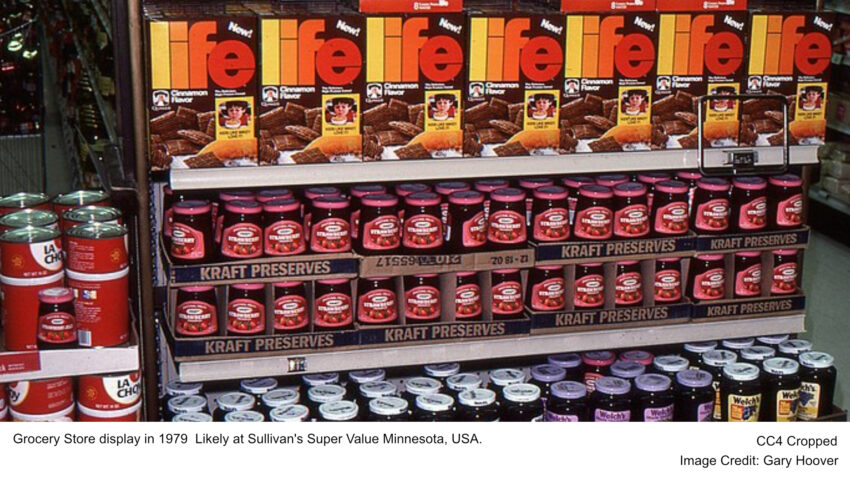Former President Donald Trump has linked his election success to high grocery prices. In an interview with Time magazine, Trump said he believes he won the presidency due to rising grocery costs. However, he admitted uncertainty about how to reduce those prices effectively. Trump emphasized the challenges of reversing price hikes once they occur, suggesting supply chain improvements and energy policies as potential solutions.
- Trump’s Focus on Grocery Prices: Former President Donald Trump attributes his 2016 election success to rising grocery costs but admits uncertainty about how to address them effectively.
- Policy Contradictions: While suggesting supply chain and energy reforms, Trump’s tariffs on Canada and Mexico could drive grocery prices higher due to their impact on U.S. imports.
- Internal Republican Conflict: Mitch McConnell criticizes Trump’s isolationist economic policies, likening them to pre-WWII isolationism and warning of potential harm to international relations.
- Broader Implications: Trump’s economic approach has fueled debate over its impact on consumer costs, U.S. global standing, and the Republican Party’s direction.
Trump pointed to California’s ports as evidence of ongoing supply chain issues, highlighting numerous stranded shipping containers. Despite these assertions, his economic policies, such as imposing 25 percent tariffs on Canada and Mexico, could counteract his goals. These tariffs would likely increase U.S. grocery prices, considering Mexico’s significant share of U.S. fruit and vegetable imports.
Sources like Meet the Press have noted Trump’s claim that groceries were pivotal in his election victory. Trump argues that prices for essentials like apples, bacon, and eggs surged, resonating with voters. Yet, critics argue that his isolationist policies, reminiscent of past political eras, could harm U.S. global standing and escalate consumer costs.
Senate Republican Mitch McConnell has criticized Trump’s “America First” approach, comparing it to pre-World War II isolationism. McConnell warns that such policies could damage U.S. international relations. This ongoing feud with Trump highlights differing Republican perspectives on foreign policy and economic strategy.
In summary, Trump’s stance on grocery prices and his proposed economic policies have sparked debate. While he claims victory based on these issues, his plans may complicate efforts to lower costs. The tension within the Republican Party over isolationism and global engagement continues to shape the political landscape.

